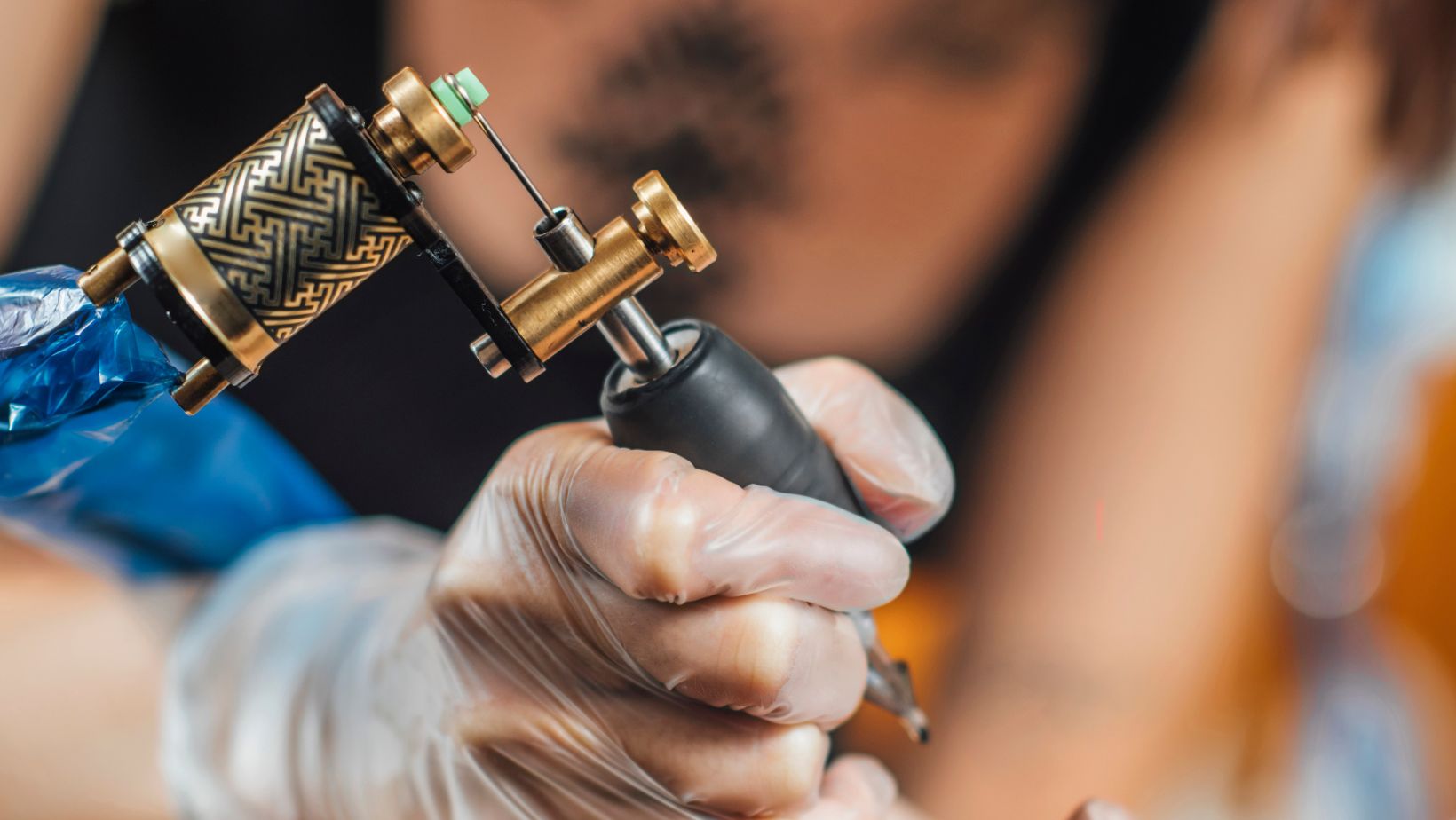When starting your journey to become a tattoo artist, one of the most important decisions you’ll make is choosing the right tattoo course for your skill level. Whether you’re a complete beginner or looking to enhance your existing skills, the right course can set the foundation for your success in this creative and rewarding field.
In Colorado, the tattoo industry is thriving, and many aspiring artists are looking for ways to refine their craft. As someone with experience in the tattoo world, I understand that navigating the many options for tattoo courses can feel overwhelming. That’s why I’ve put together this guide to help you select a tattoo course that aligns with your experience and artistic goals.
1. Understanding Your Skill Level
Before choosing a course, it’s crucial to assess your current skill level. Tattooing is an art form, and like any artistic discipline, it takes time and dedication to master. Here’s a breakdown to help you evaluate where you stand:
- Beginner: If you’re just starting and have no prior experience, you’ll want to look for tattoo courses for beginners. These courses typically cover the fundamentals—such as tattoo equipment, safety protocols, and basic design techniques. They provide a solid foundation that will prepare you for more advanced training down the road.
- Intermediate: If you’ve already started tattooing or have some experience but want to enhance your skills, you might consider a tattoo artist course that focuses on advanced techniques like shading, color theory, or portrait tattooing.
- Advanced: If you’re an experienced artist looking to refine your skills or learn specialized techniques, you can look for advanced online tattoo courses that provide in-depth knowledge of specific styles, such as black and grey or realism tattoos.
2. What to Look for in an Online Tattoo Course
Once you’ve identified your skill level, it’s time to research available online tattoo courses. Here are some essential factors to consider when choosing the right one:
- Course Content: Make sure the course covers the topics you want to learn. If you’re a beginner, look for a course that provides detailed instructions on tattoo equipment, skin anatomy, and hygiene. For intermediate or advanced artists, look for courses that dive deeper into specific tattoo styles and techniques.
- Certification: An online tattoo course with a certificate is an excellent way to add credibility to your portfolio. Having a certification can boost your confidence and show potential clients that you have the proper training and knowledge.
- Instructor Expertise: The instructor’s experience is one of the most important factors in your learning journey. Look for courses taught by experienced tattoo artists who have a proven track record in the industry. Instructors should provide personalized feedback and be available to guide you as you progress.

- Flexibility: One of the greatest advantages of online tattoo courses is flexibility. Whether you’re balancing a full-time job or other commitments, an online course allows you to learn at your own pace. Make sure the course offers flexible timelines and learning formats that work for you.
- Community and Support: Some tattoo schools offer more than just instructional materials—they also provide a community where you can connect with fellow students, share progress, and get advice. This can be a valuable resource for your growth.
3. The Benefits of Tattoo Courses for Beginners
For aspiring tattoo artists just starting, a tattoo school that offers beginner-friendly courses can help you build your skills from the ground up. Here’s what you can expect from a beginner tattoo course:
- Basic Tattoo Techniques: As a beginner, you’ll start by learning essential techniques such as line work, shading, and understanding how to work with tattoo machines. Many online tattoo courses for beginners focus on these foundational skills, which are critical for creating quality tattoos.
- Health and Safety Standards: Tattooing involves working with needles and skin, which means understanding hygiene practices and health regulations is crucial. A good tattoo school will teach you about sterilization, cross-contamination, and proper sanitation methods to ensure the safety of both you and your clients.
- Creative Development: Learning the fundamentals doesn’t just involve technical skills. As a beginner, you’ll also explore the creative side of tattooing, from designing custom pieces to understanding color theory and composition.
4. Advanced Courses for Experienced Artists
Once you’ve built a strong foundation and gained some experience, it’s time to take your skills to the next level. Advanced courses allow you to specialize and refine your technique, enabling you to stand out in the tattoo industry. Here are some areas an advanced tattoo artist course may cover:
- Specialized Styles: You can learn advanced techniques for specific tattoo styles such as realism, blackwork, or watercolor tattoos. Some online courses focus on these niche styles, allowing you to build expertise in a particular area.
- Portfolio Development: As you improve your technique, your portfolio becomes more important. Advanced tattoo courses often provide guidance on curating a portfolio that showcases your skills and attracts clients.
- Tattoo Business Skills: For those looking to make a career out of tattooing, understanding the business side is essential. Some courses provide valuable insights into pricing, marketing, and building a tattooing career.
5. How Online Tattoo Courses Can Help You Grow
One of the greatest advantages of online tattoo courses is their accessibility. Whether you’re in Colorado or elsewhere, you can take a course from the comfort of your home. Plus, many online courses allow you to learn at your own pace, which is perfect for those who have busy schedules.

However, keep in mind that tattooing is a hands-on skill. While online courses can teach you a lot, it’s essential to practice regularly to improve. Use the resources provided by the course, but also seek out opportunities for real-life practice, whether through apprenticeships, practicing on synthetic skin, or tattooing friends (with proper supervision and safety measures).
Conclusion
Choosing the right tattoo course is an important step in your tattooing journey. Whether you’re just starting or looking to refine your existing skills, an online tattoo course can provide you with the tools and knowledge you need to succeed. Take your time to research, assess your skill level, and pick a course that meets your goals.


